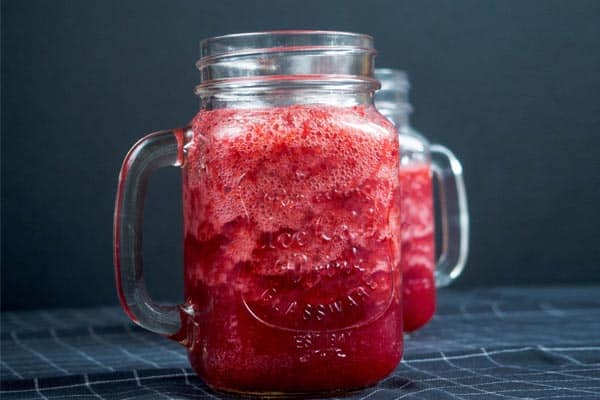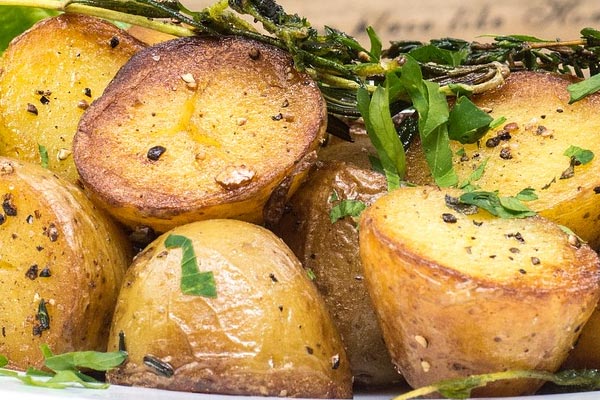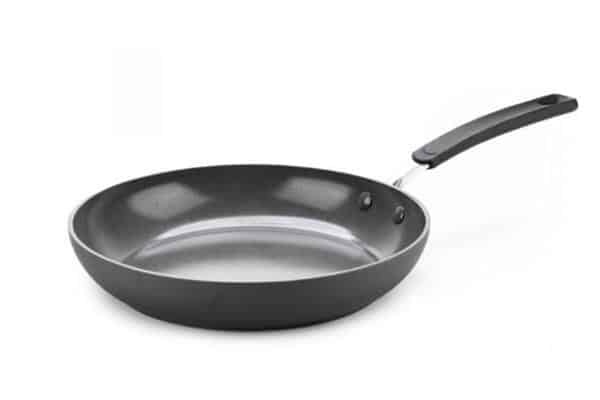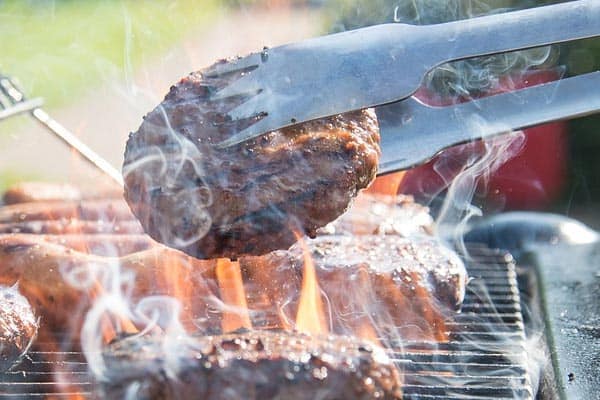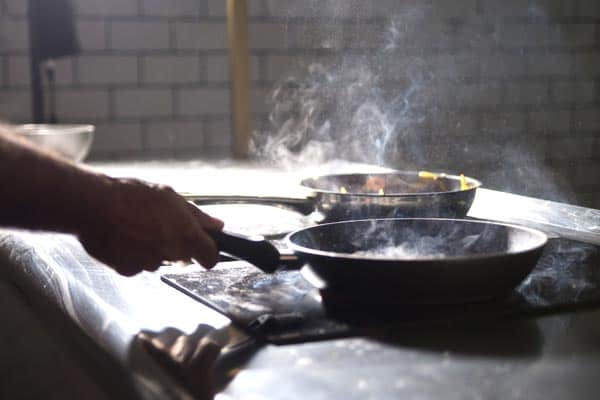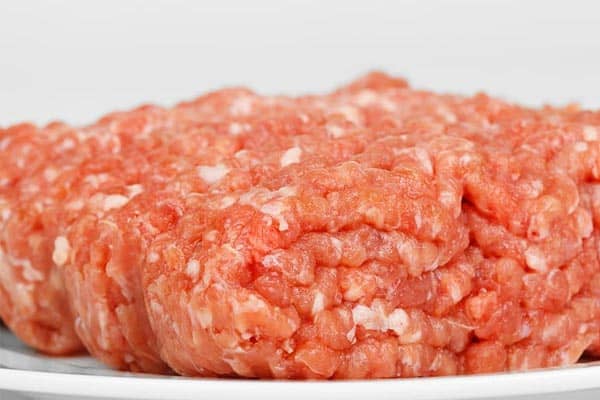Understanding How Long Fresh Juice Lasts
We all know that your fresh juice is perishable, so it’s best to drink it straight away if it’s at all practical.
The trick to enjoying fresh juice every day is to make larger batches that you can spread out over a few days and store them between uses. This helps reduce cleanup times, time spent preparing the produce, and more.
The juice you make fresh can last for up to five days, and how long it lasts will depend on the type of juicer you use, the ingredient quality, and how you choose to store it.
If you prepare your juice using organic produce in a cold press or masticating juice and store it under a vacuum, you’ll get the longest shelf life. If you want to use a centrifugal juicer, your fresh juice will last for two days with the correct storage.
We’ve put together a short guide that will explain why your homemade juices go bad, how to store it in a few different ways, and a few tips to make it last as long as it’s safely possible.
Factors That Make Homemade Juices go Bad
Frush juice will start to lose nutrients straight away. It’s also highly perishable, and several factors go into this, including:
Oxidation
When it comes to oxidation, air, heat, and light are all enemies. Any of these things can start the oxidation process and shorten how long your juice lasts. Eventually, oxidation can cause your juice to turn sour, and you’ll have to throw it out.
The type of juicer you use to make your juice can make a large difference when it comes to the oxidation process.
Twin gear and masticating juicers will operate slowly, and this allows them to extract more antioxidants, enzymes, and nutrients.
These are the things that act as preservatives in the juice to keep it stable while extending how long you have to drink it before it sours. They also produce very little heat during the juicing process, and this lowers the oxidation level.
Centrifugal juicers use very high-speed spinning blades to break down the fruit, and the heat will trigger oxidation.
So, juice made with a masticating juicer will have a longer shelf life. You can also add citrus to your juice to help fight oxidation because they’re high in antioxidants.
Bad Strains of Bacteria
Using organic produce is ideal for juice, but the next best option is to get the highest quality, freshest produce you can afford.
The freshness of your chosen vegetables and fruits will dictate the nutrients, and they start to leach out as your ingredients age. Additionally, the number of bad bacteria in the juice will increase over time.
The bacteria is the driving force behind what causes fruit and vegetables to rot, and doing everything you can to minimize this bad bacteria will help ensure your juice lasts longer. One thing you can do is to make sure you wash your produce very well before you start juicing.
How to Store Your Fresh Juice
There are several things you can do to store your fresh juice and ensure you get the highest shelf life possible, including:
- Minimizing oxidation and air
- Store it correctly in the refrigerator to keep it cold
- Limit how often you open and close the container
Minimizing Air and Oxidation
The first thing you have to do is use a good quality juicer because one like a masticating juicer is the best pick if you plan on storing the juice.
However, if you want to use a centrifugal juicer, the following steps can help you preserve your juice for up to 48 hours.
Once you prepare your juice, you want to bottle it up using:
- Glass jars
- Glass bottles
- Insulated thermoses
- Stainless steel bottles
The following will help you correctly bottle your juice before you store it:
- Clean and dry the containers for a few hours before you fill them. This ensures that you keep the bad bacteria out at this stage.
- Place your dry, clean containers into the refrigerator to pre-chill. This will help the juice’s temperature lower faster.
- Pour your juice into your container, and you want to fill it to the top to minimize oxidation and air.
- Place the juice in the refrigerator until you want to drink it.
- As an optional step, you can vacuum-seal your juice to remove any air that is left in the top of the container.
How Long Fresh Juice Lasts Refrigerated
How long your juice will last in the refrigerator depends on whether you vacuum sealed it or not and the type of juicer you use. Below are the general guidelines you can follow:
- Centrifugal Juicer – 24 hours
- Masticating Juicer – 2 to 3 days
- Twin Gear Juicer – 4 to 5 days
Remember, you want to drink the juice way before it turns sour to get the best health and nutritional benefits possible.
However, even a slightly older batch of homemade juice is better than a store-bought version that is pressure-packed.
Limit Opening and Closing the Juice Container
Limiting how often you open or close your juice is another trick to making it last longer, particularly if you vacuum sealed it.
Once you open it, the juice gets exposed to light and air, and the temperature goes up to allow for oxidation. The juice will deteriorate faster if you open it more.
You can limit this by storing your juice in single-serve containers, and mason jars are very easy to vacuum seal.
If you don’t have single-serve containers you can use, you want to open, pour, and close your juice container back up as quickly as you can.
Storing Juice for Traveling
when you travel or want to take it with you, The best method to store juice is in an insulated thermos-style container.
It’s designed to retain heat or cold, so it’s excellent for keeping your juice fresh. You want to make sure the thermos and your juice are at a chilly 35-degrees Fahrenheit.
Adding chilled juice to the cold thermos can help it stay around this temperature for up to 24-hours.
But, once you start to repeatedly open and close the container, the juice’s temperature will go up and allow it to spoil quicker.
It’s also worth investing in a thermos that is more insulated if you can afford it because it’ll work better for your storage needs.
Freezing Homemade Juice
If you have more juice than you can drink, freezing it is an alternative you have available to you to prevent it from spoiling.
It’s not as good as keeping it fresh and ready to go in your refrigerator, but it’s a solid option.
The freezing and thawing process can easily reduce how nutritious your juice is because it can destroy fragile nutrients, vitamins, and enzymes.
If you want to freeze the juice, pour it straight into silicone ice cube trays. Once they freeze, you can put your juice ice cubes into a bag or container before using a vacuum pump to suck all the air out. It can last up to six months this way.
Bottom Line
Juice can last anywhere from a day or to up to six months, depending on whether or not you vacuum seal the containers, freeze it or have it fresh, how often you open the containers, and which type of juicer and produce you use.
Picking out the correct options will give you fresh and healthy juice whenever you need it.
